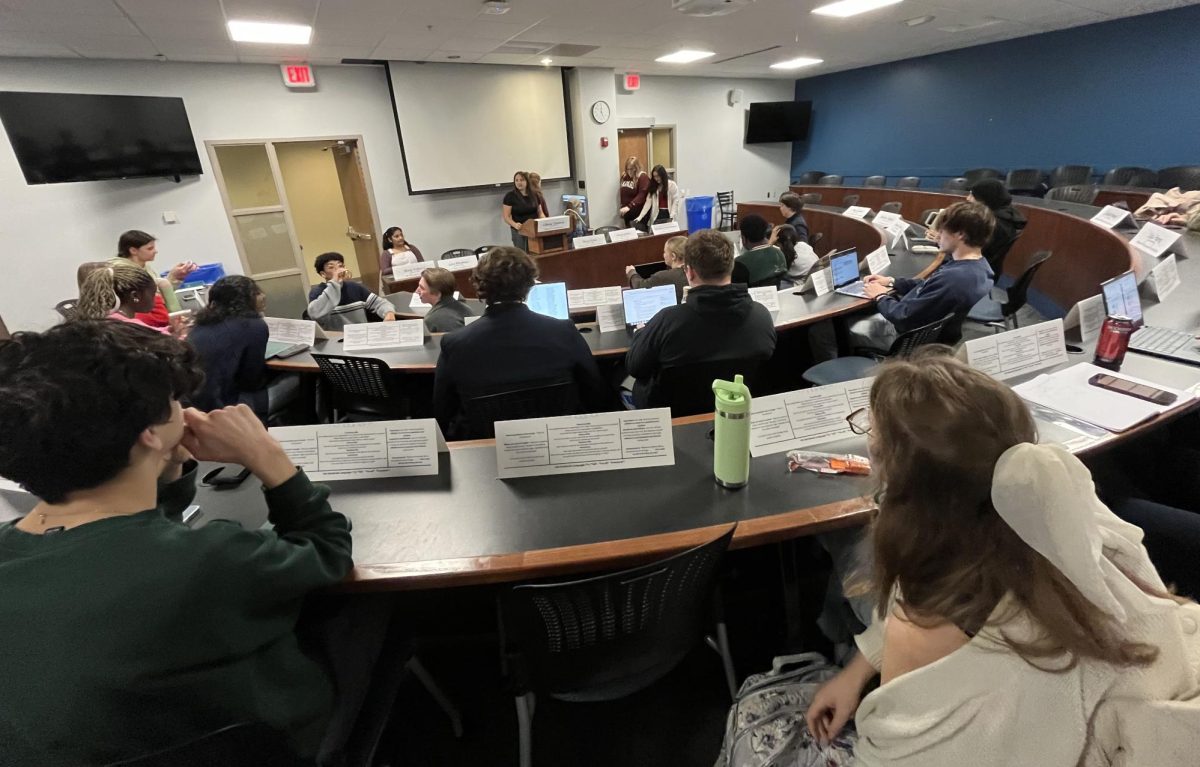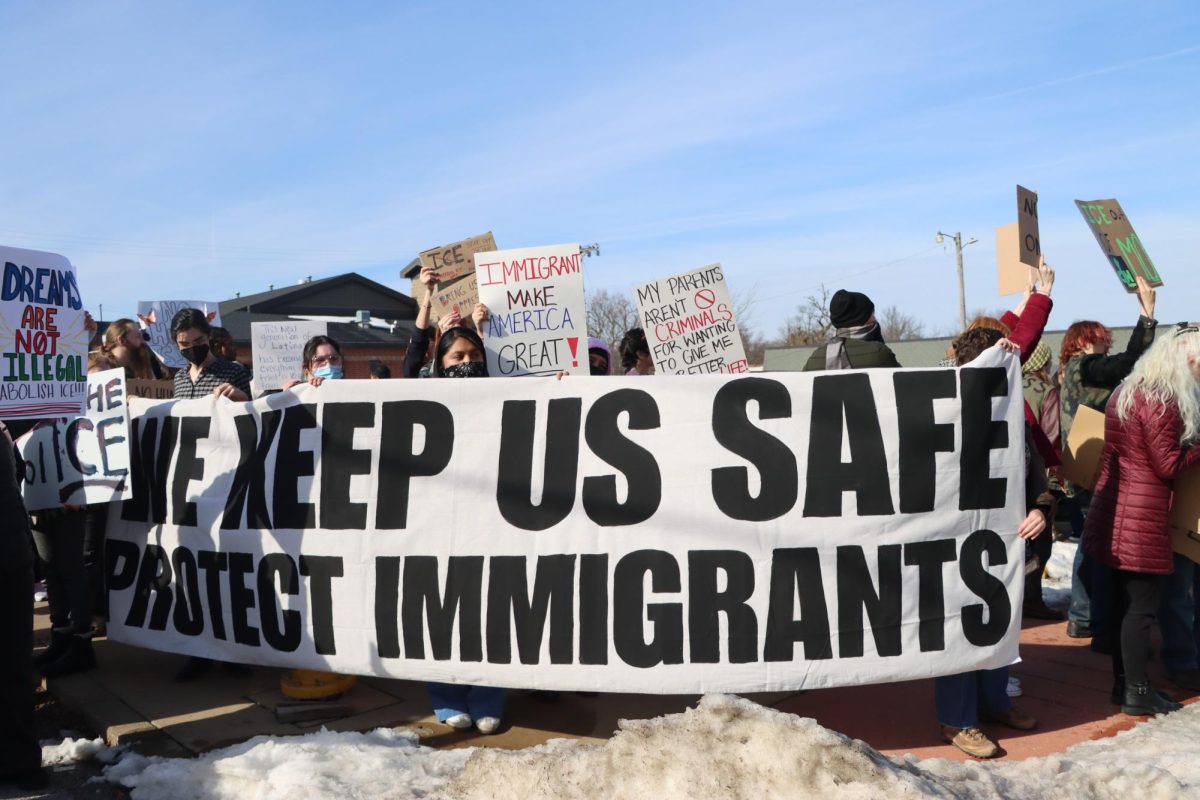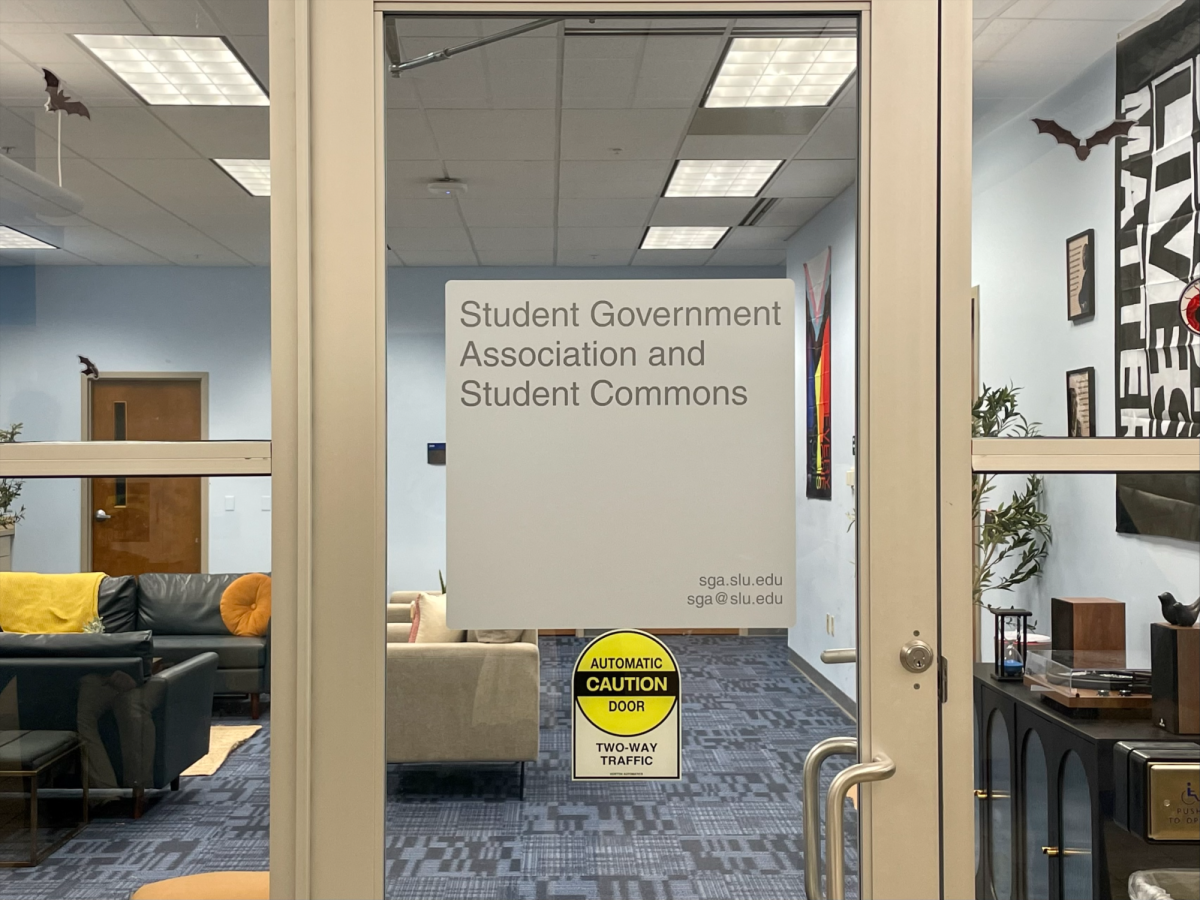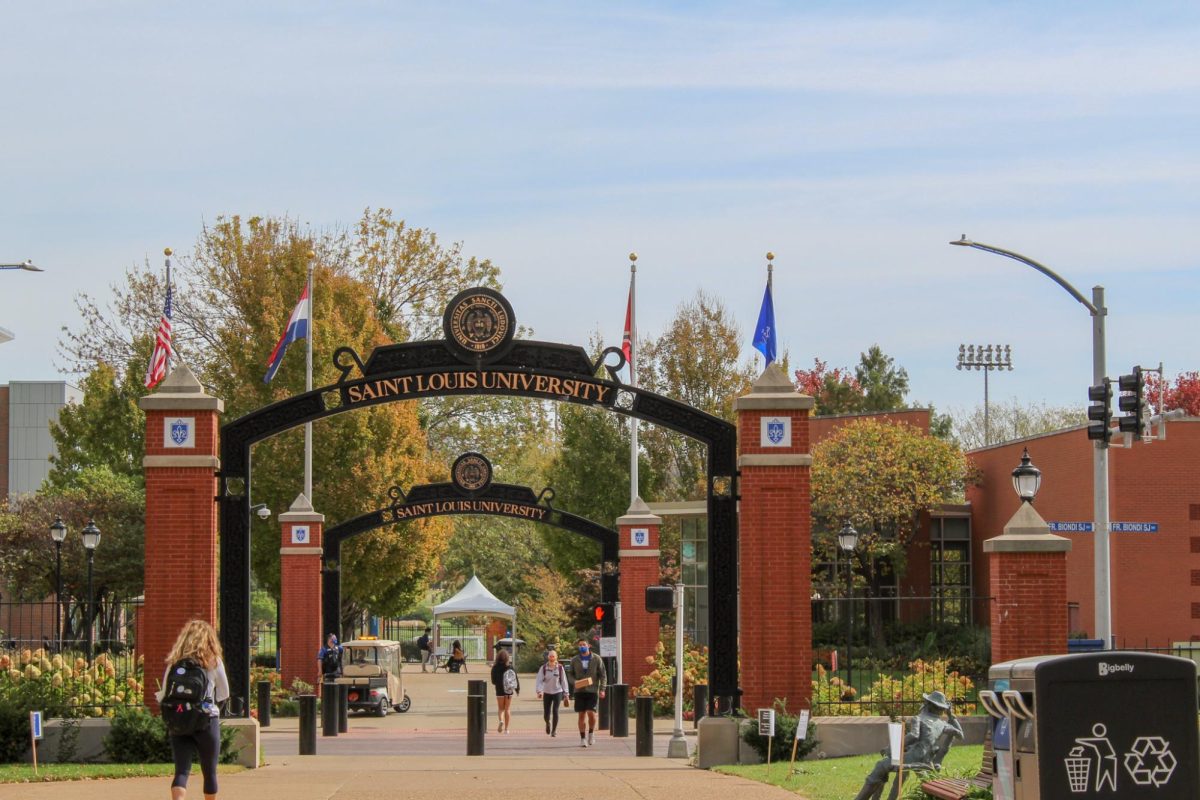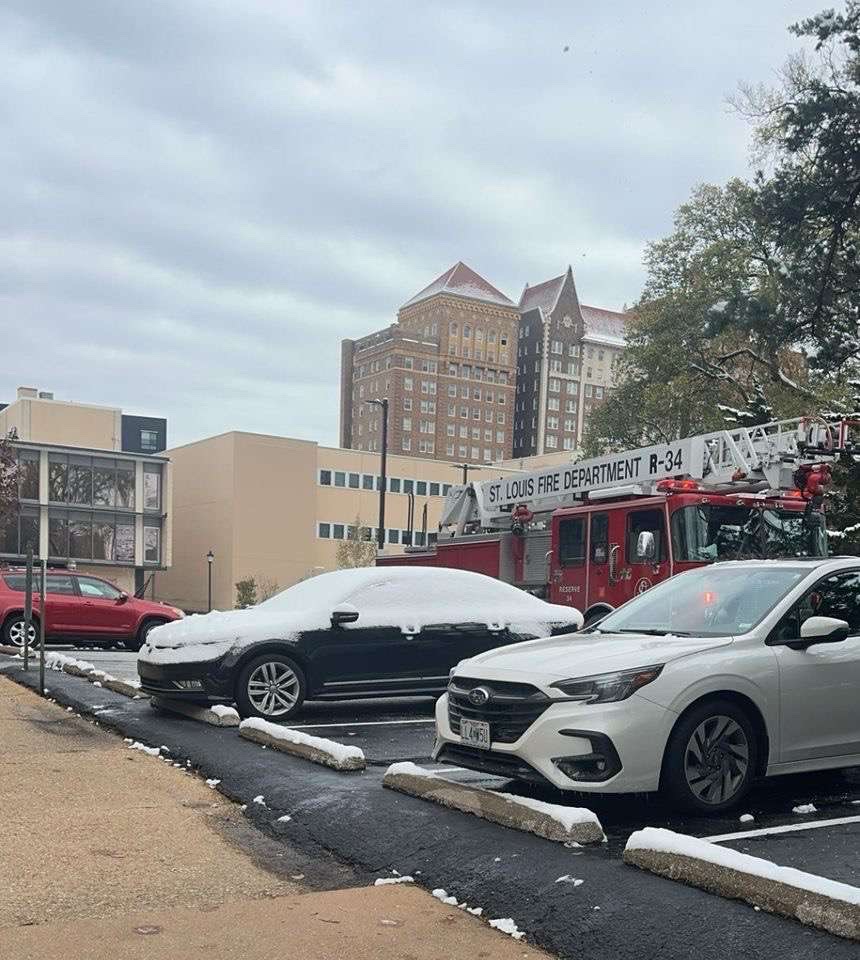October is known as the spookiest month of the year. Kids are picking out costumes, frightening decorations are put up and pumpkins are carved. People cuddle up and watch their favorite horror films, and others go out to seek that thrill at a corn maze. For politicians, October is spooky for a totally different reason, the “October Surprise.”
October Surprise is an event or news release about a presidential candidate or administration that is so newsbreaking that it has the potential to sway the vote. This happens constantly throughout an election year. However, in October, a candidate may not have enough time to recover from or respond to the effects of the “surprise.” Any event happening right before an election is often on the voter’s mind as they step into the booth. Major political revelations released in October can swing voters one way or another and can radically shift undecided and independent voters.
The October Surprise was coined nearly 50 years ago in the 1980 election between former Presidents Jimmy Carter and Ronald Reagan. As October drew in, people warned about an October Surprise regarding the American citizens being held hostage in Iran. This was a hot-button issue. Many criticized Carter, who was the incumbent candidate at the time, for not being able to get the hostages back home. The outcome of the hostage situation was a top priority for many voters. However, an October Surprise never came. Some even went on to accuse Reagan of delaying the release of the hostages due to supposed fear that their release would swing votes in favor of Carter.
Since then, there have been several October Surprises that have affected a presidential race. Days before the 2000 election between George W. Bush and Al Gore, a story broke that Bush had previously been arrested for driving while drunk. News sources from across the country rushed to pick the story up. Karl Rove, one of Bush’s key political strategists, speculated that three million Americans did not vote or changed their vote as a result. Bush lost four points preceding the election day and the race was dangerously close.
Later, Bush would write that not previously disclosing the DUI “may have been the single costliest political mistake I ever made.” Bush won the election when the Supreme Court overturned the Florida Supreme Court order for the state to recount ballots. The decision stated there was not enough time to fairly recount the votes and the electoral college ratified the Florida vote. Bush won the 2000 election by a matter of 537 votes.
In 2016 there were two October Surprises. On Oct. 7 an Access Hollywood tape surfaced of former President Donald Trump’s now infamous “locker room talk” video. In the video, Trump can be heard making lewd comments about women. There had been about a month before the election and was able to successfully smooth out the fallout from the video, but many cited it as further evidence of his misogyny.
On Oct. 28, 11 days before voting booths opened, James Comey, former director of the FBI, announced that he was leading another investigation into Hillary Clinton’s private server emails in relation to the Anthony Weiner case. Comey closed his investigation days before the election, citing nothing new had been found. The email scandal was a large issue throughout the campaign, and many believe that it reignited concerns of competency. Comey announced the renewed investigation to Congress, giving Clinton little time to respond. A year later, Clinton said it was a “determining factor” when she lost the election to Trump in 2016.
“I would’ve won [if Comey hadn’t intervened]. It stopped my momentum. It drove voters from me,” Clinton said. “And so that, in terms of my personal defeat, was the most important factor.”
The 2024 election has had several surprises between the endorsement of a new democratic candidate midway through the race and a presidential shooting. So, what can we expect for this October? For these candidates, no surprise may be the biggest October Surprise of all.



